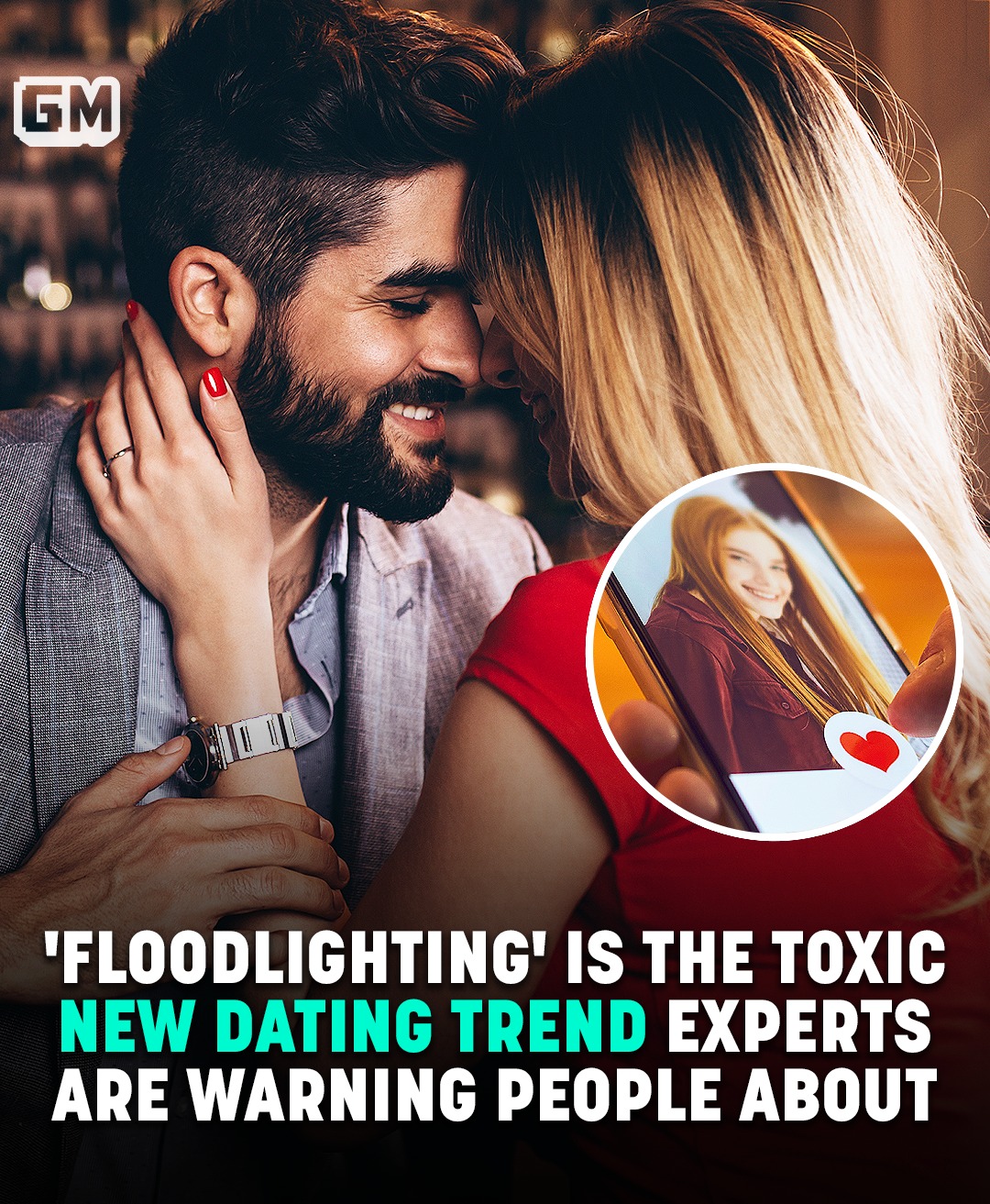A new viral dating trend called ‘floodlighting’ is taking the internet by storm.
When it comes to dating, it seems there are tons of awful trends to look out for, from ‘dexting to zombie-ing or even the penny method‘
However, it’s now the Gen Z trend of ‘floodlighting’ that’s in the spotlight, and it may be the worst one yet.

Now, ‘floodlighting’ has entered the dating lexicon, describing a pattern in which one partner shares an excessive amount of emotionally intense information very early in the relationship.
According to relationship expert Jessica Alderson, co-founder of the dating app So Synced, floodlighting is ‘about using vulnerability as a high-intensity spotlight.’
She told glalmour “It involves sharing a lot of personal details all at once – to test the waters, speed up intimacy, or see if the other person can ‘handle’ these parts of you.’”
Although this may appear as emotional openness, it often creates a false sense of closeness and can overwhelm the other person.
The metaphor behind the term asks individuals to imagine placing the entire relationship under a literal spotlight before it’s truly ready to be seen.
This premature vulnerability can lead to emotional imbalance, with one partner bearing the brunt of heavy disclosures and feeling pressured into the role of emotional caretaker.
Alderson emphasizes that while being open is crucial in building strong relationships, ‘there’s a time and place for different levels’ of vulnerability.
She warns: “By sharing too much too quickly, you may be putting yourself at risk of being exploited or taken advantage of by someone who may not have your best interests at heart.”

Indicators that someone may be ‘floodlighting’ include rapid and detailed confessions of intimate life events, disproportionately one-sided conversations centered on emotional trauma, and an intense, fast-forming emotional bond.
Another potential red flag is the person’s analytical scrutiny of your reactions to their stories, often stemming from a deep-seated fear of rejection.
Ultimately, Alderson notes that this behavior ‘often stems from a place of insecurity,’ as individuals may attempt to shield themselves from future hurt by showing their most vulnerable sides up front.
A 2022 study in psychological reportsfound that adolescents who excessively overshare online are significantly more likely to experience anxiety, seek attention, and show signs of social media addiction.
As newer dating trends like this continue to emerge, often amplified through social media platforms, experts urge singles to stay aware of emotional pacing and to prioritize mutual comfort and communication when forming new connections.





